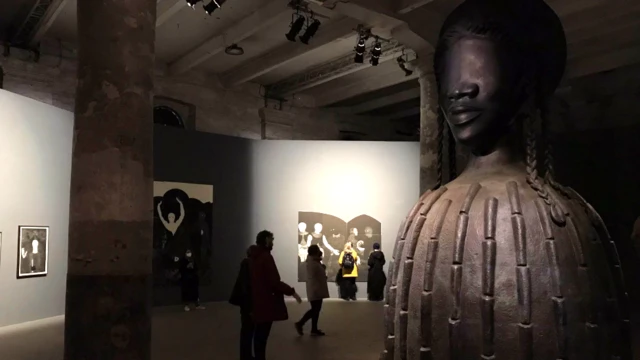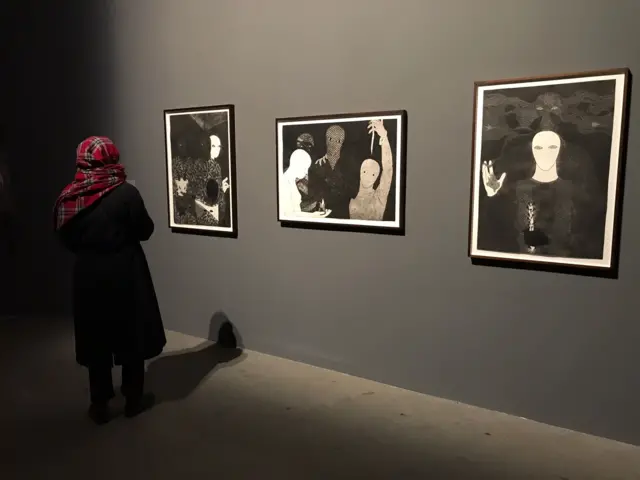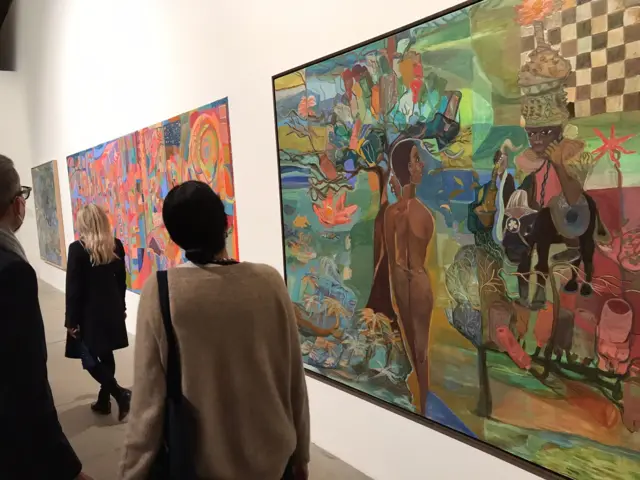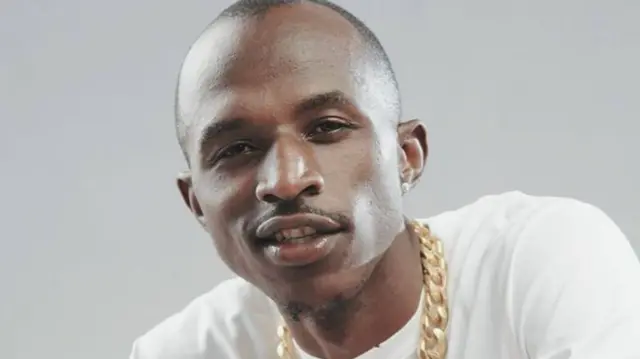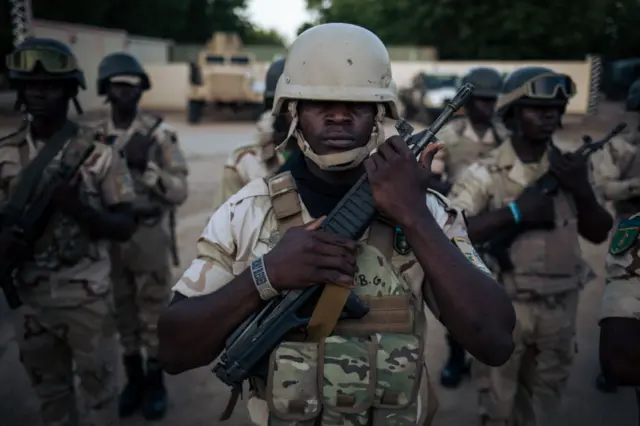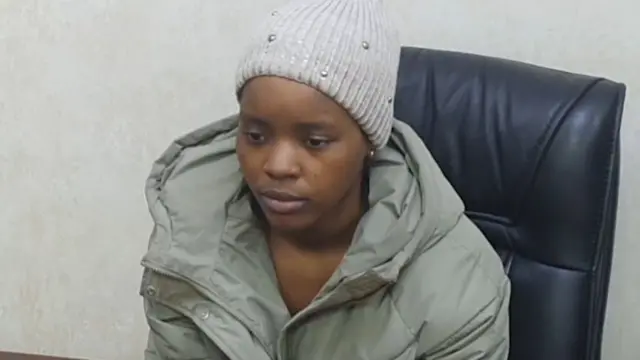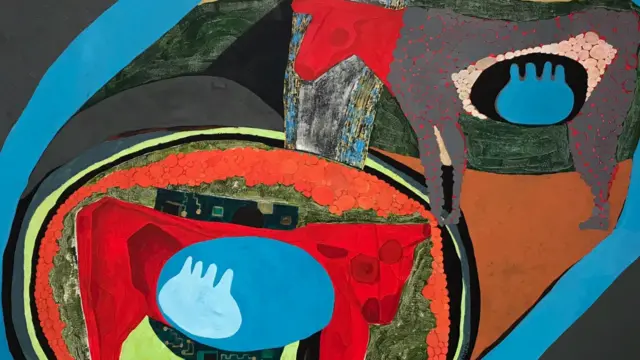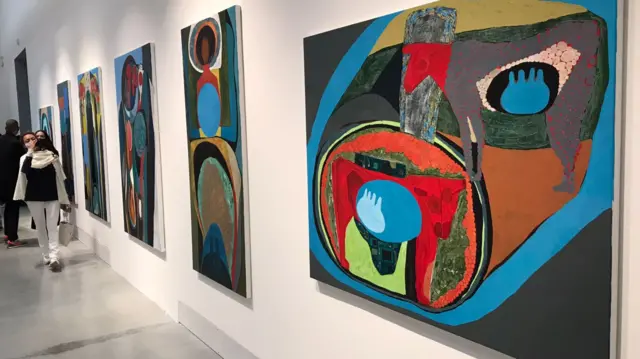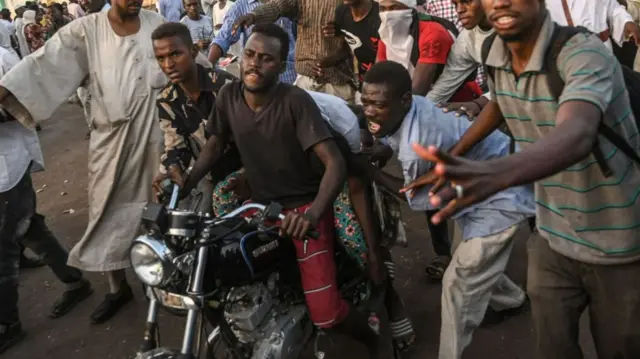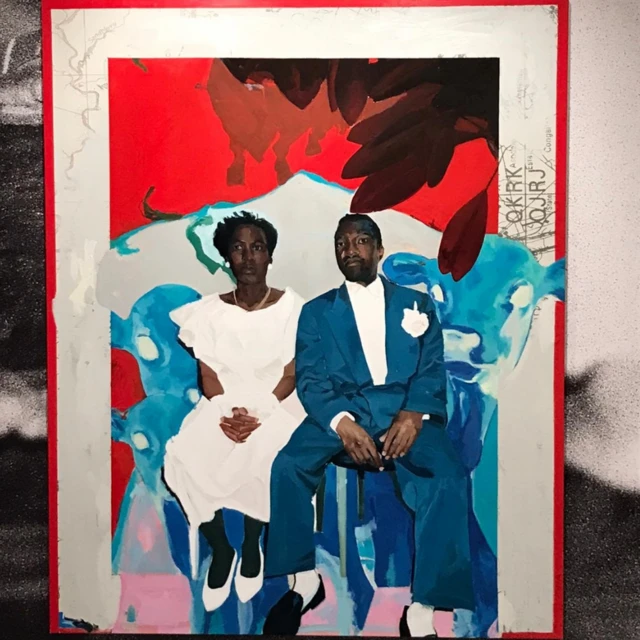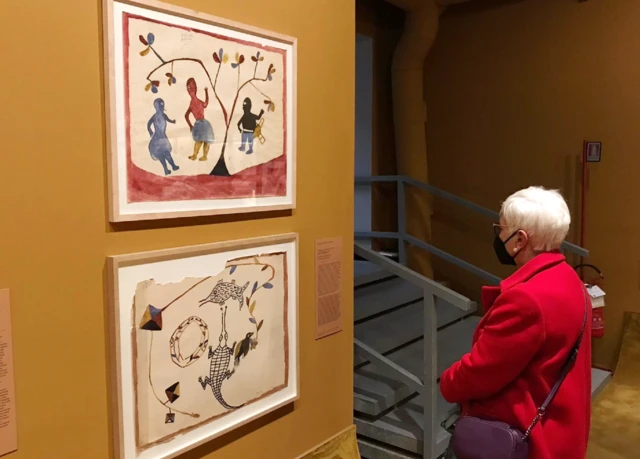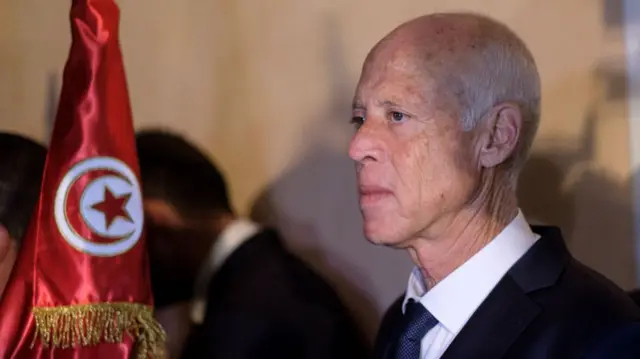Ethiopian farmers ploughing like oxen go viralpublished at 19:06 BST 22 April 2022
 Ameyu Etana
Ameyu Etana
BBC Afaan Oromoo
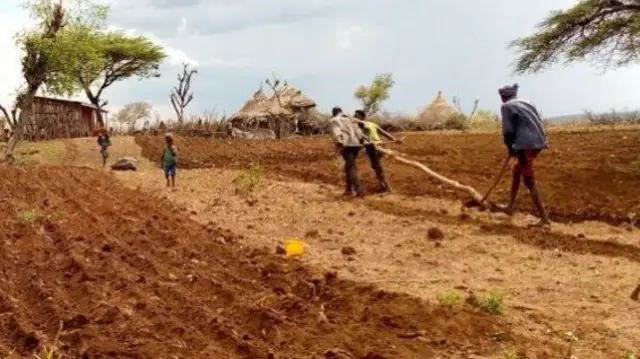 Image source, Duba Burra
Image source, Duba BurraThe farmers are unable to hire tractors as money is short
Farmers in southern Ethiopia have shocked many on social media after being pictured pulling ploughs instead of their oxen.
They were photographed in Taltalle area of Borana where Tura Bobba, a resident of Bilee Dandii village, said he was one of those who volunteered to help the farmers.
"Because of the drought, we lost all of our oxen. That's why we have tried to plough with the farmers," he told the BBC.
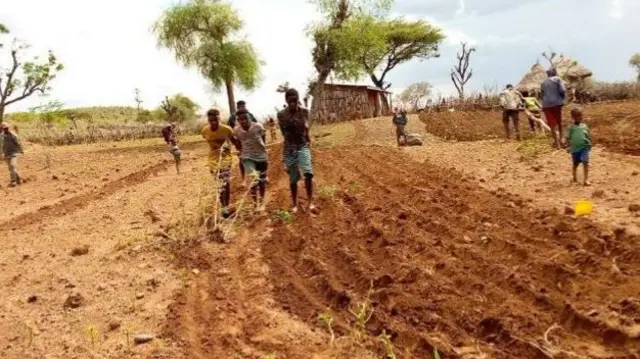 Image source, Duba Burra
Image source, Duba BurraIt takes three people here to pull the plough
The authorities say a drought, which UN says is the worst in 40 years, has killed hundreds of thousands of cattle in the country.

